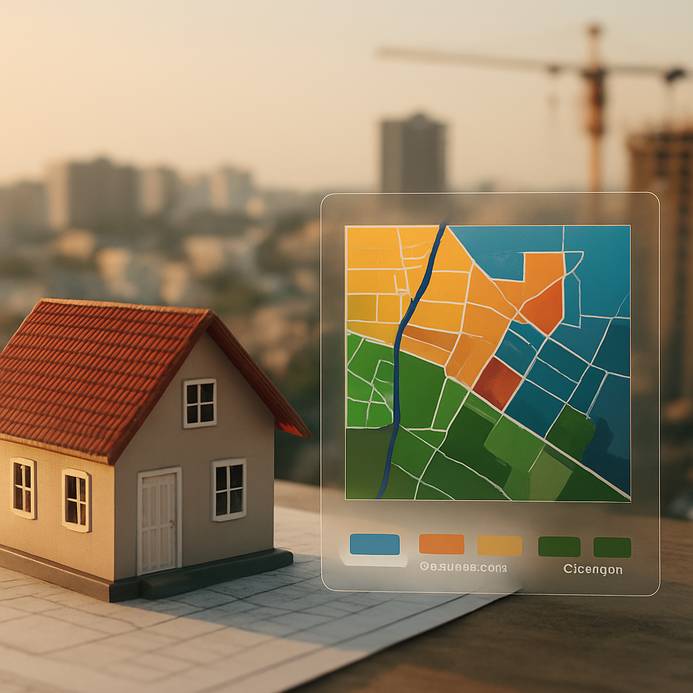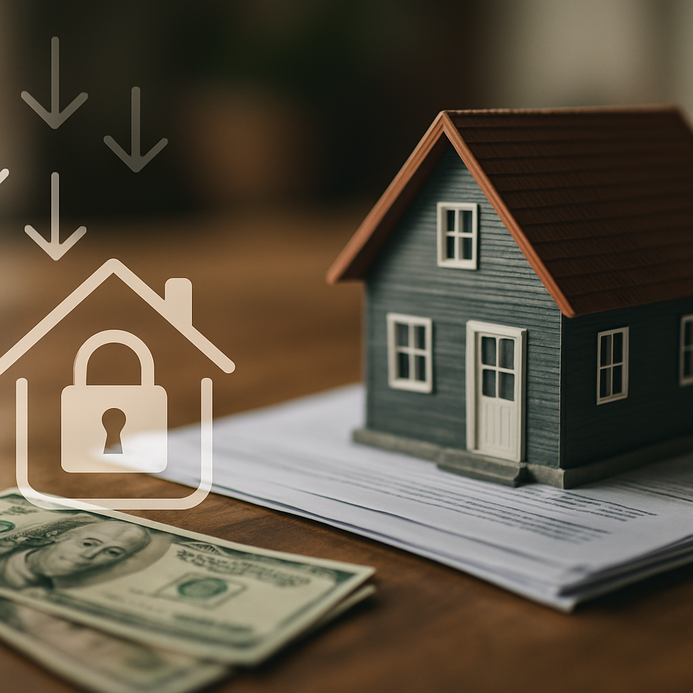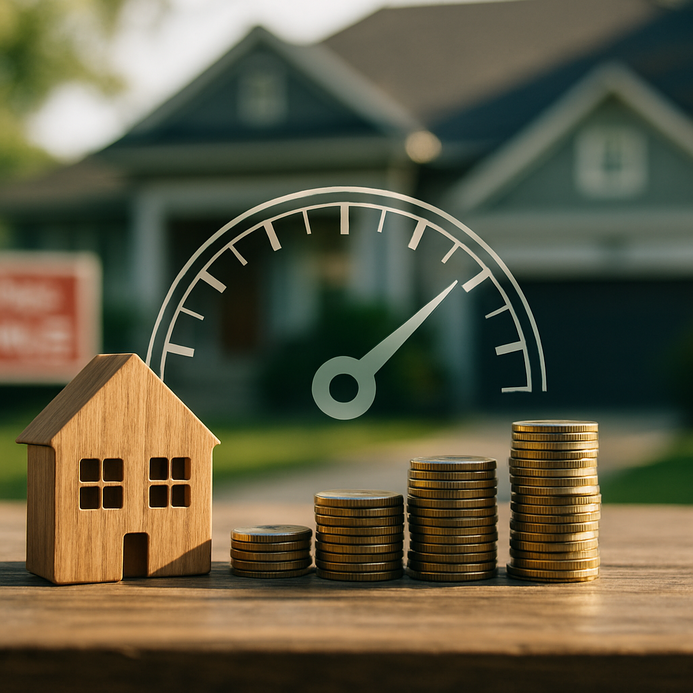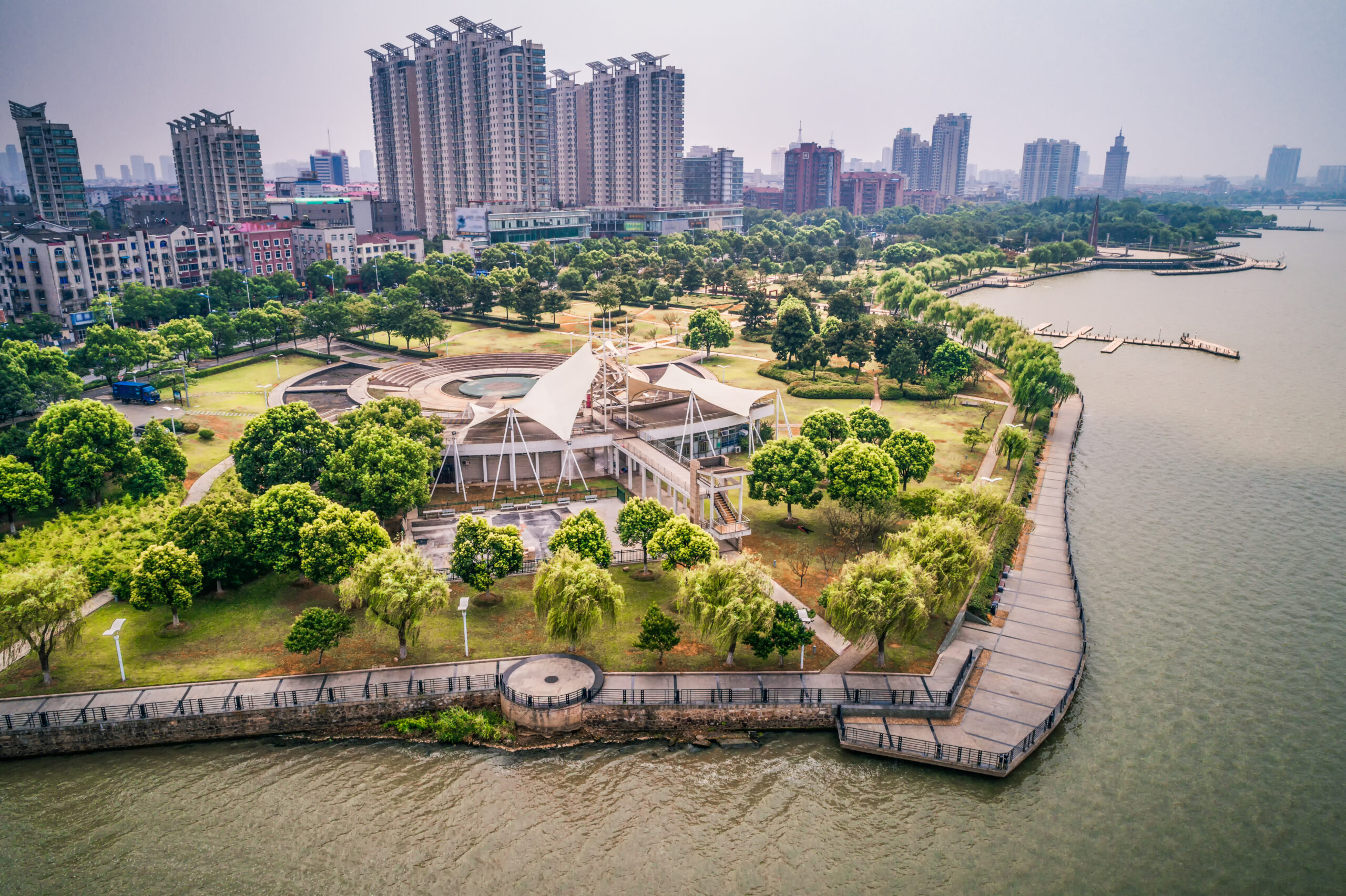Do EV Charging Stations Make Flats More Valuable?
Electric vehicles are becoming more common on Indian roads. People are switching from petrol to electric cars not only for savings but also for a cleaner future. But as EVs increase, so does the need for easy and fast charging. That’s why EV charging stations are now a major factor for people looking to buy flats.
Buyers today want comfort, speed, and future-ready homes. Having EV charging stations in residential complexes adds that extra level of convenience and confidence. And if your flat offers that already, it gives you an edge that others may not. Let’s explore why flats with EV charging stations are in such high demand and how they can make a real difference in both value and lifestyle.
- 1 EV Charging Stations: A Must-Have Feature for Modern Flats
- 2 What Makes EV Charging Stations So Valuable?
- 3 Types of EV Charging Stations in Residential Projects
- 4 Government Push Behind EV Charging Stations in India
- 5 The Role of EV Charging Apps in Urban Living
- 6 Flats with EV Charging Stations Offer Long-Term Savings
- 7 Making Your Flat Stand Out With EV Charging
- 8 Conclusion
- 9 FAQs
EV Charging Stations: A Must-Have Feature for Modern Flats
A few years ago, having a gym or clubhouse was a luxury. Today, having EV charging stations is quickly becoming the new must-have. Why? Because people are buying electric cars, and they want to charge them at home without the hassle of public stations.
Many new real estate projects are now offering flats with dedicated EV charging points in the parking area. This makes life easier for EV owners and also increases the property’s value. If your building already has these stations, you are living in a future-ready space.
What Makes EV Charging Stations So Valuable?
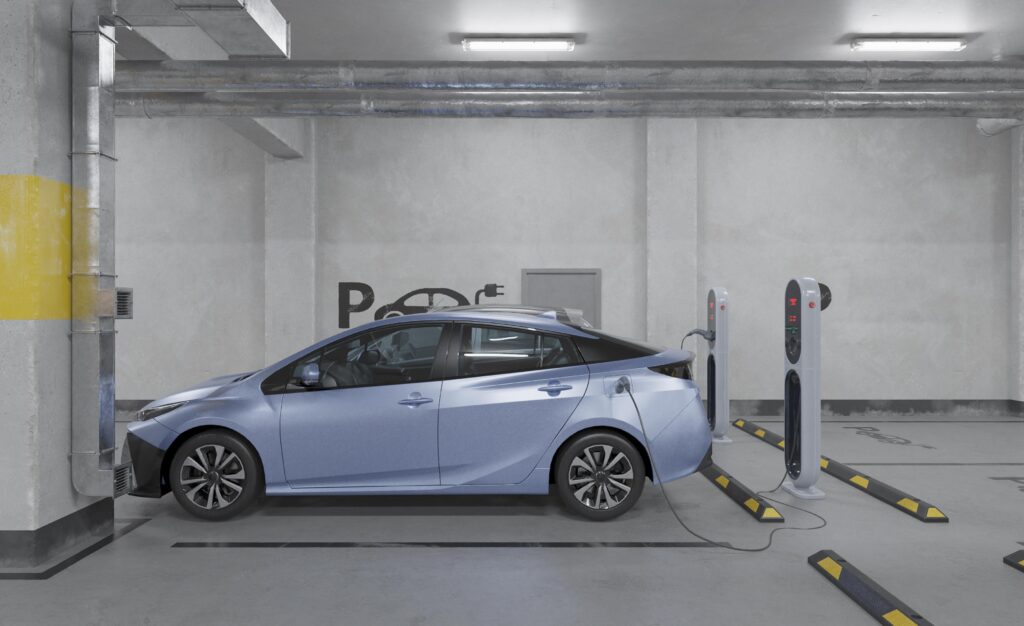
Homebuyers now think long-term. They don’t just want a home for today, but also something that stays useful for the next 10 years. Here’s why EV charging stations are valuable:
- Convenience: Charge your EV at home while you sleep.
- Cost-effective: Home charging is often cheaper than public stations. The average EV car charging cost at home is about ₹1.5 to ₹2.0 per km.
- Future-proofing: As EVs rise, homes with charging points will remain in demand.
- Eco-friendly image: Shows commitment to green living.
The Global EV Outlook 2025 from the IEA includes –
- In Q1 2025, electric car sales in India surged by 45% year-on-year, reaching nearly 35,000 units.
- As of end-2024, electric cars made up only 2% of new car sales in India. However, this is expected to climb to around 15% by 2030.
Types of EV Charging Stations in Residential Projects
Not all EV chargers are the same. Here are the main types you may find in modern apartments:
| Type of Charger | Charging Speed | Suitable For |
|---|---|---|
| Level 1 (AC) | Slow (8-12 hrs) | Overnight charging |
| Level 2 (AC) | Medium (4-6 hrs) | Most common in flats |
| DC Fast Charger | Fast (30-60 mins) | Rare in homes, more in malls/public |
Most housing societies offer Level 2 AC chargers, which are perfect for overnight charging. They are also affordable to install and use.
Government Push Behind EV Charging Stations in India
India is promoting electric mobility with strong policies. The government has launched FAME II (Faster Adoption and Manufacturing of Hybrid and Electric Vehicles) to support EV growth. Under this policy, housing developers are encouraged to build EV charging stations in India across new projects. Additionally, state electricity boards in Maharashtra, Delhi, and Telangana offer subsidies or reduced tariffs for residential charging setups. This makes it easier for builders to include EV infrastructure without extra cost to the buyer.
The Role of EV Charging Apps in Urban Living
You might wonder how people manage their EV charging needs across locations. That’s where an EV charging app comes in handy. These apps show you the nearest public charging points, track charging history, and even let you book a time slot. But when you have EV charging stations right in your apartment, you can avoid these hassles. Charging becomes as simple as plugging in your phone at night.
Flats with EV Charging Stations Offer Long-Term Savings
While the upfront cost of installing EV chargers may seem high, the long-term savings are clear. Here’s a quick comparison:
| Parameter | Home Charging | Public Charging |
| Cost per kWh | ₹5-8 | ₹12-18 |
| Average cost per km | ₹1.5-2 | ₹3-4 |
| Availability | Always available | May require waiting |
| Charging time slot | Flexible | App-booked or busy |
So, buyers now look for homes where EV charging is easy and cheap.
Making Your Flat Stand Out With EV Charging
If you are a resident or a buyer, a flat with built-in EV charging stations already gives you an edge. You don’t have to install anything extra, and you don’t have to worry about permissions or setup delays. It also shows you live in a forward-thinking society. And that’s a big plus if you ever plan to resell or rent out your flat.
Unveil the 50-50 payment plan
Conclusion
Flats with EV charging stations are not just trendy, they are necessary. With electric vehicles becoming the norm, charging convenience will soon be a basic need. If you’re investing in a home, think ahead. Choose a flat that gives you both comfort and confidence. Such properties will stay in demand and offer better returns. It’s time to buy smart, live smart, and charge smart.
FAQs
Not really. Most builders now offer shared charging infrastructure.
Yes, but public stations may be crowded, costlier, and less flexible compared to home-based charging.
Major cities like Hyderabad, Delhi, Mumbai, and Bangalore have good EV charging infrastructure. Smaller cities are catching up.
Charging an EV costs far less than petrol/diesel.






